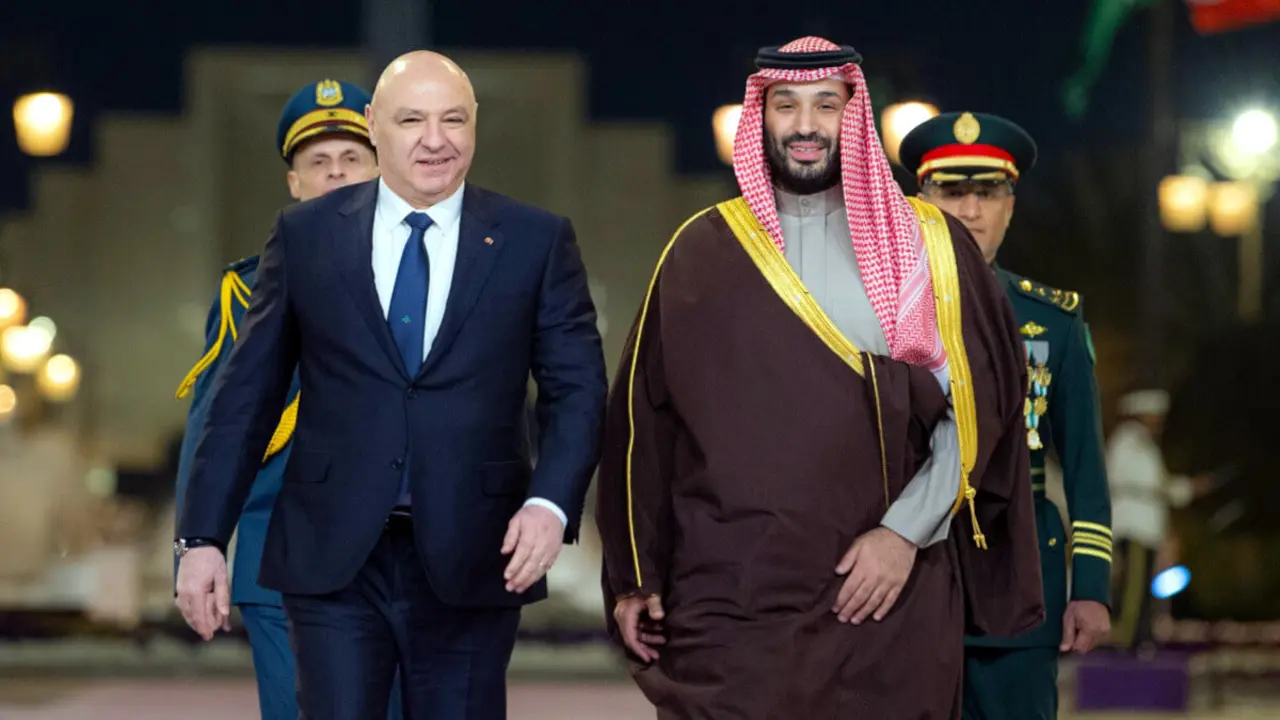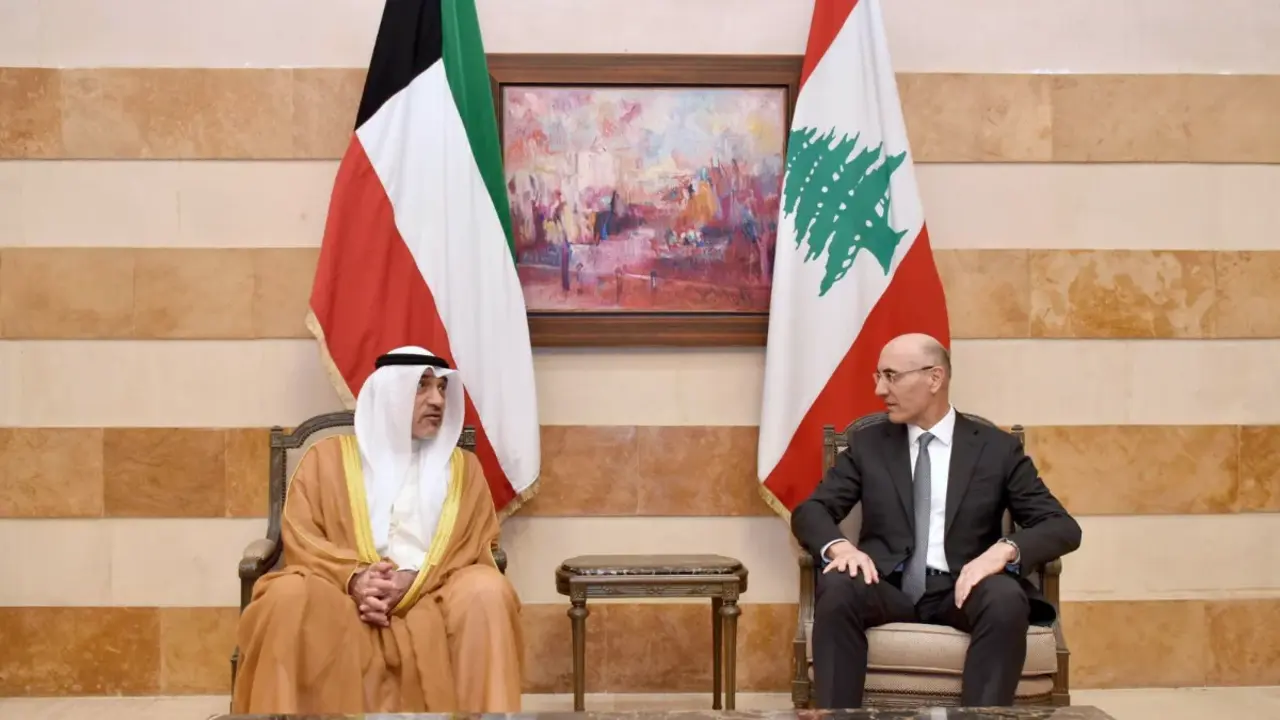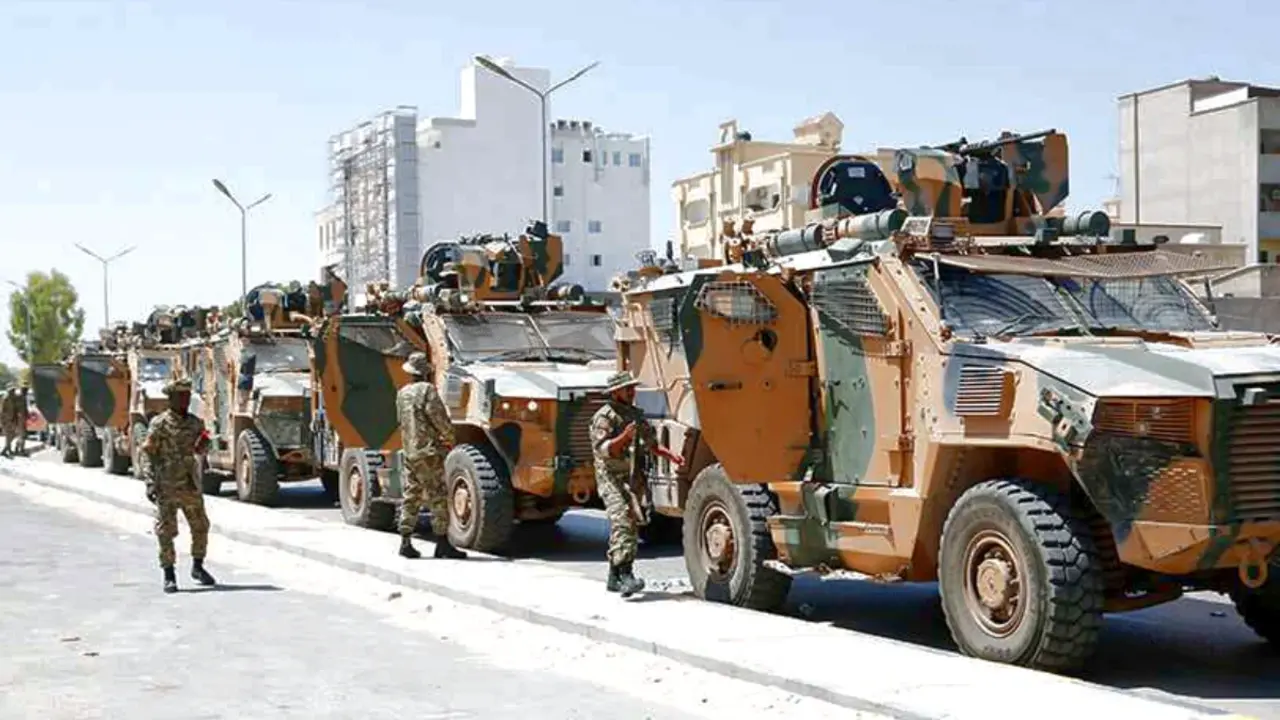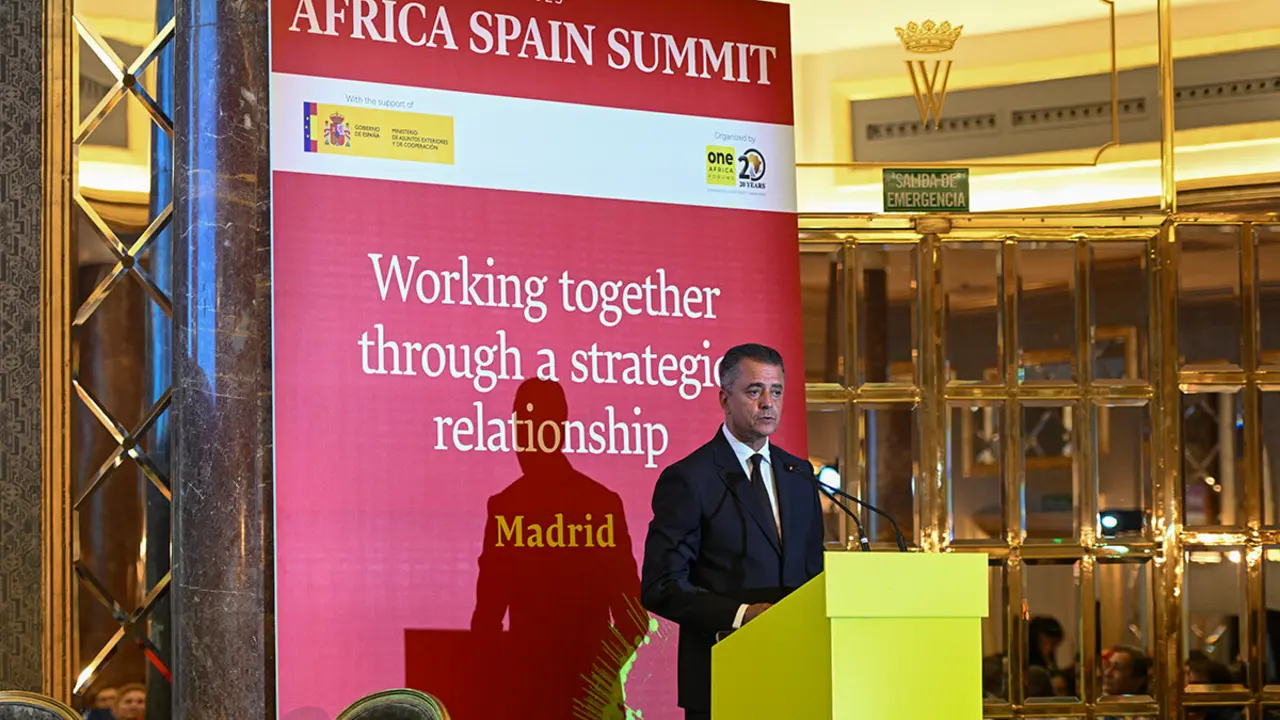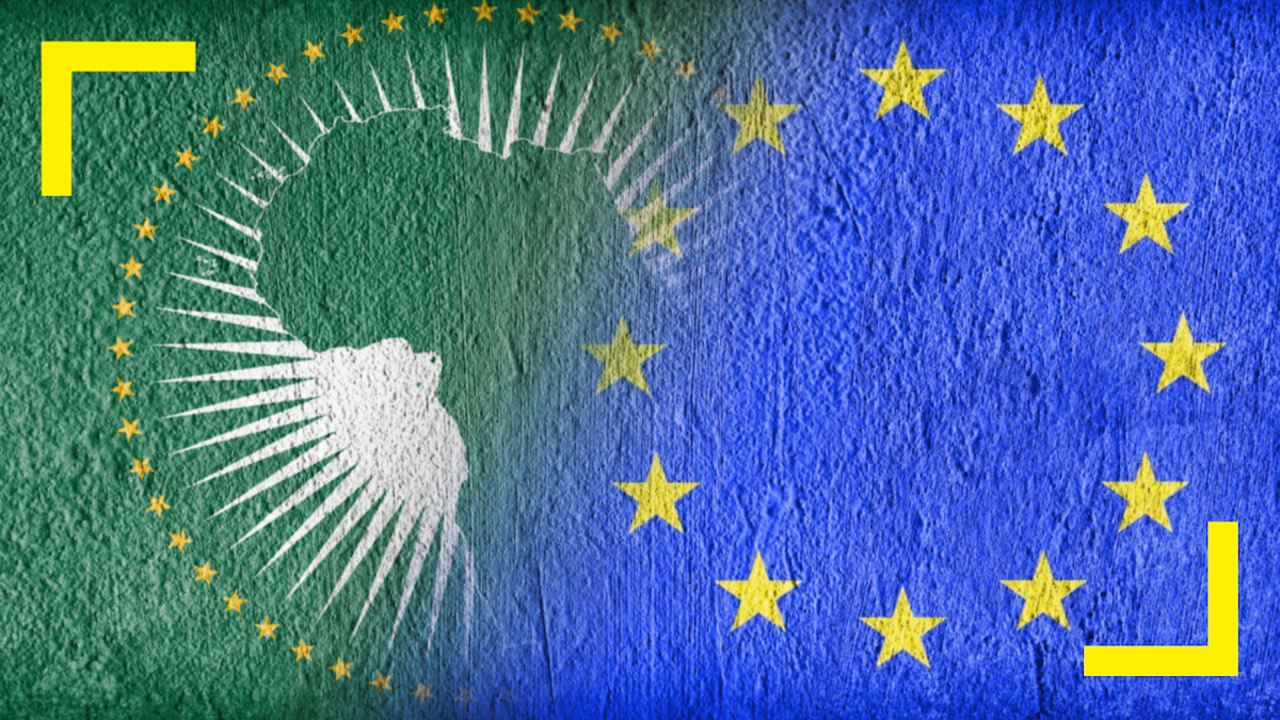Yemen denounces the transfer of arms from Iran to Houthi rebels through fishing boats
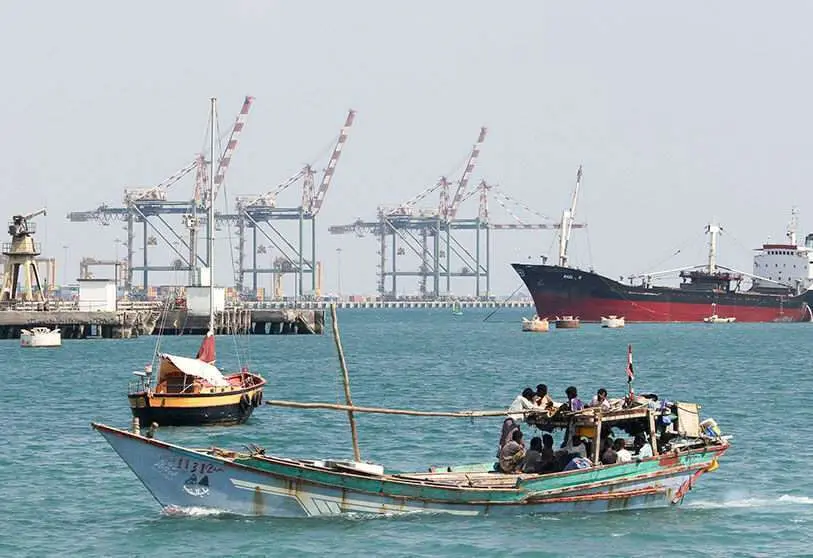
The internationally recognized Government of Yemen has accused the Islamic Republic of Iran of using fishing vessels in Yemeni territorial waters as camouflage and as cover for smuggling weapons, ballistic missiles and drones to supply the Houthi militia, a Shiite rebel group that is trying to overthrow the country's Middle Eastern executive with the support of the Ayatollahs' regime.
The Yemeni executive has issued this serious warning; one more about the Persian intervention and interference in Yemen in order to support the Huthi insurgents, who seek to undermine the legitimate government of Abd Rabbuh Mansur al-Hadi.
This maritime conflict comes on top of the allegation that Iranian fishermen are carrying out illegal catches in the Socotra archipelago, south of Yemeni territory, and harassing local crews.
According to various sources, dozens of Iranian boats were detected while crossing Yemeni waters some 14.5 kilometres west of Socotra, in the latest in a series of fishing rights violations. "Iranian vessels are fishing illegally and continuously violating Yemeni waters," Fahd Kafayn, Yemen's fisheries minister, told the social networking site Facebook.

Yemen has long accused the Iranians of overfishing in Yemeni waters, harassing local fishermen and transferring arms shipments to Hutus through this activity.
Since 2014, with the fall of the Yemeni Coast Guard during the first days of the Houthi military uprising in the country, the internationally recognized government has been calling for global pressure and support in the face of the maritime problems experienced within the country.
Yemen's civil war has continued since 2014, when Houthi rebels took the capital Sana'a at the end of that year. Since then, the government has had to rearm in the port city of Aden and other provinces while awaiting vital assistance from the Saudi Arabian-led Arab coalition, which includes countries such as the United Arab Emirates (UAE), an alliance that has helped the government regain ground against the insurgents. In another episode of the eternal struggle between the Saudi kingdom, the main representative of the Sunni branch of Islam, and Iran, the standard bearer of the opposite Shiite side.

On the other hand, fighting continued on Monday in Al-Bayda, Al-Dhale, Marib and Sana'a. On these, the Yemeni Ministry of Defense pointed out that five Hutu elements were killed and several more were injured when Army troops repelled an attack in the north of the southern province of Al-Dhale.
The Yemeni conflict has become a three-way play; the confrontation between the Government of Yemen and the Houthi rebels was joined by the dispute with the separatists of the Southern Transitional Council (supported in part by the Emirates until recently), who have taken over the south of the nation after rising up against the Al-Hadi government because they understood that the southern area was being forgotten in all respects by the central administration.

In this scenario, a "covert" agreement was recently announced involving Turkey, Iran and Qatar along with the Muslim Brotherhood and the Houthis to "share areas of influence in Yemen," according to The Arab Weekly. Under the pact, the Houthi militia, with the support of Tehran, would control the north of the country "in exchange for supporting the ambitions of the Muslim Brotherhood to acquire the southern regions," where it would have Turkish and Qatari support.
In this line, Ankara has been engaged in a conflict with Abu Dhabi over the Yemeni archipelago of Socotra, a geostrategic enclave in the south of Yemen that is considered as an entry zone conducive to any invasion of the country. Turkey wants to maintain the Brotherhood's influence in that territory, which would allow it rapid access to the rest of Yemen; while the UAE seeks to protect the archipelago from Turkish ambitions and, to that end, has subjected it to its "full sovereignty", as reported recently by a Yemeni government official, who has also accused the Gulf country of "attempting to separate the province from Yemen and establish military bases in the coming period under the pretext of protecting it from Turkey and Qatar".
According to the Middle East Monitor, the Al-Islah party (close to the Muslim Brotherhood) is seeking to establish a military alliance with Turkey by sending fighters from its formation to the Turkish side in the civil war in Libya, amid growing reports of possible future Turkish intervention in Yemen, particularly against UAE-backed militias.

The Saudi-led Arab coalition in Yemen is now being challenged with funding from Qatar, which is opposed to the Arab alliance of Saudi Arabia, the United Arab Emirates, Bahrain and Egypt, which imposed a political and economic blockade on the Gulf monarchy in 2017 after accusing it of supporting cross-border terrorism. This embargo was a major financial blow to the nation led by Emir Tamim bin Hamad al-Thani, who sought other partners on the international level to strengthen his economic position, finding the current partnership with Turkey and Iran.
In its attempt to undermine the coalition fighting the Houthi insurgency, Ankara uses a defector from the Yemeni Executive, the former Minister of Transport Saleh al-Jabwani, and the Muslim Brothers, an organization closely linked to Qatar and considered terrorist by several Western countries, such as the United States.
Among Turkey's plans is the intention to conquer the oil-rich southeastern province of Shabwa, where the Muslim Brotherhood lost the support it had altogether. The Al-Jabwani recruitment center established in Ataq, the capital of Shabwa, has so far attracted hundreds of fighters with the promise of a salary and smuggled weapons paid for by Qatar, as reported in the Israeli News. In addition, it is expected that coalition defectors will be separated in other provinces as well.

Yemen is the next door to the Saudi rival and is very interesting for the Qatar-Turkey pairing to gain positions in this neighboring country of the Kingdom. This would be a serious setback for the Saudis and their partners.
This is the continuation of a war in Yemen that is worsening a situation that has already been classified by the United Nations (UN) as the greatest humanitarian catastrophe in the world. The situation is aggravated by the current health crisis of the COVID-19 which is a threat to the country of Yemen, as well as to the whole world; a scourge that has already left 345 dead and nearly 1,300 cases diagnosed in the country of the Arabian peninsula.



